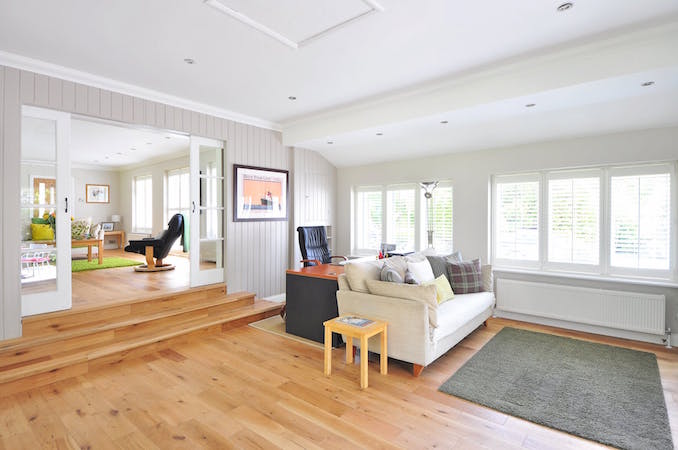Moving home can be an expensive, difficult, not to mention stressful, venture. And with house prices stagnating, and a shortage of affordable homes to go round, it’s no surprise that plenty of people are opting to extend instead of putting their homes on the market and finding somewhere else to live. As the saying goes; if you can’t move, improve.
But applying for planning permission can have its pitfalls too, so with that in mind, what do you need to know before seeking that all-important go-ahead for your upsizing project?
It depends on where you live
You will almost certainly need permission before you can add any kind of extension onto your home. However, where you live exactly will determine what kind of permission you need to obtain, and how tricky the process will be. If you live centrally, you’re going to have to jump through a lot of hoops. In the suburbs, you probably only need a building permit.
Decide what you want doing
You’ll need to find out what is possible and what isn’t. The simplest approach is to decide what you want and then see if you can get permission to do it. If you are going to alter any services such as electricity or plumbing, then you will definitely need approval but you may not need planning permission. You may also need to consider something called heritage overlay as this will affect what you can do with your property. A town planner will be able to assist you with this kind of thing.
Use an experience architect
Obviously, you’ll need to get an experienced architect to design your extension. There are at least two good reasons for this. First and foremost, unless you’re an architect yourself, you won’t have the knowledge and skills to do a good job. However, more importantly from the perspective of planning permission, an experienced architect will get all the regulations right so your extension won’t be turned down for technical reasons.
Choose a great builder
Someone else that can help you with the planning permission process is a quality builder. Like the architect, a good builder will be able to help you navigate any regulations that you may be unaware of. And on a slightly unrelated point, make sure you get on with your architect and builder. It will help see you through any problems you may have in the future.
Get your neighbours onboard
As you fight your way through the process of getting all the red tape sorted, part of the procedure may involve your neighbours getting a visit. It’s important that you talk to them first for two reasons. Firstly, it’s the neighborly thing to do. Secondly, you can find out if any of them may object to you building an extension and address their concerns before they are raised formally.
Summary
To summarise, while it’s not guaranteed you’ll need planning permission, it is a good idea to assume that you probably will if you’re intending to build an extension. However, with careful planning and a fair amount of patience, you will hopefully get permission for the extension you need.

